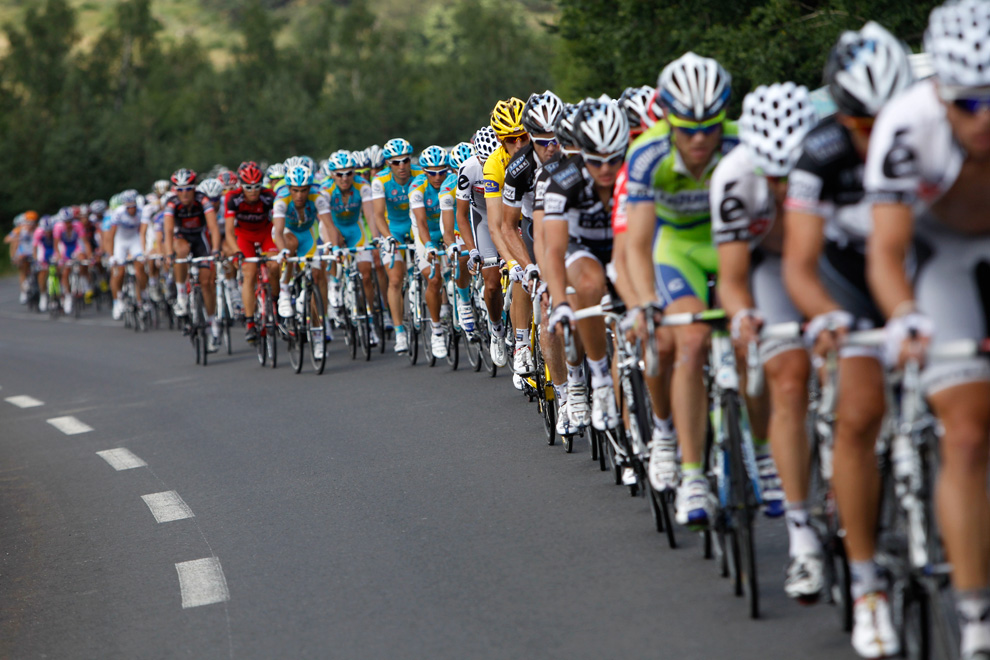Cardiorespiratory endurance is our first dash point for the health-related components of fitness. Cardiorespiratory endurance is also known as cardiovascular endurance or aerobic fitness and refers to the bodies ability to maintain movement for an extended period of time. In order to maintain this movement your bodies heart, lungs, blood and muscles all have to work together to absorb, deliver, and utilise oxygen in the production of energy enabling you to move. It is a measure of how well your cardiorespiratory system works to enable movement. Later we will link this with aerobic training, and in HSC PDHPE you will go deeper looking at the aerobic energy system which relies upon the cardiorespiratory system.
Good cardiovascular endurance helps to improve movement efficiency. Good cardiorespiratory endurance means that your body can work at higher intensities for longer without fatigue. Or at least that fatigue will be delayed. This means that the athlete’s performance will improve as a result of their high levels of cardiorespiratory endurance. In order to have good cardiorespiratory endurance you must have an efficient cardiorespiratory system delivering oxygen to the working muscles. Furthermore, the lack of fatigue also means that the athlete’s technique will be maintained and allow for greater consistency in the execution of their skills.
Testing cardiorespiratory endurance via maximal or sub-maximal VO2 testing will provide a good prediction of performance in aerobic based sports, particularly ones that do not rely heavily on skill. Examples of these include, marathons, cycling, triathlons, or long distance swimming. An athlete who has good cardiorespiratory fitness will perform better in such sports than those who do not. However, this can be limited. For example, if you do well in the beep-test (which measures cardiovascular endurance) does not mean you will be a great rower, as this type of fitness will vary in level according to the muscles used, although there will always be some cross over for this component. Prediction of performance continues to fall away as the sport becomes reliant on skill, so that an athlete with excellent cardiovascular fitness may not be very good at football, even though it is a vital component for a football player to develop.

